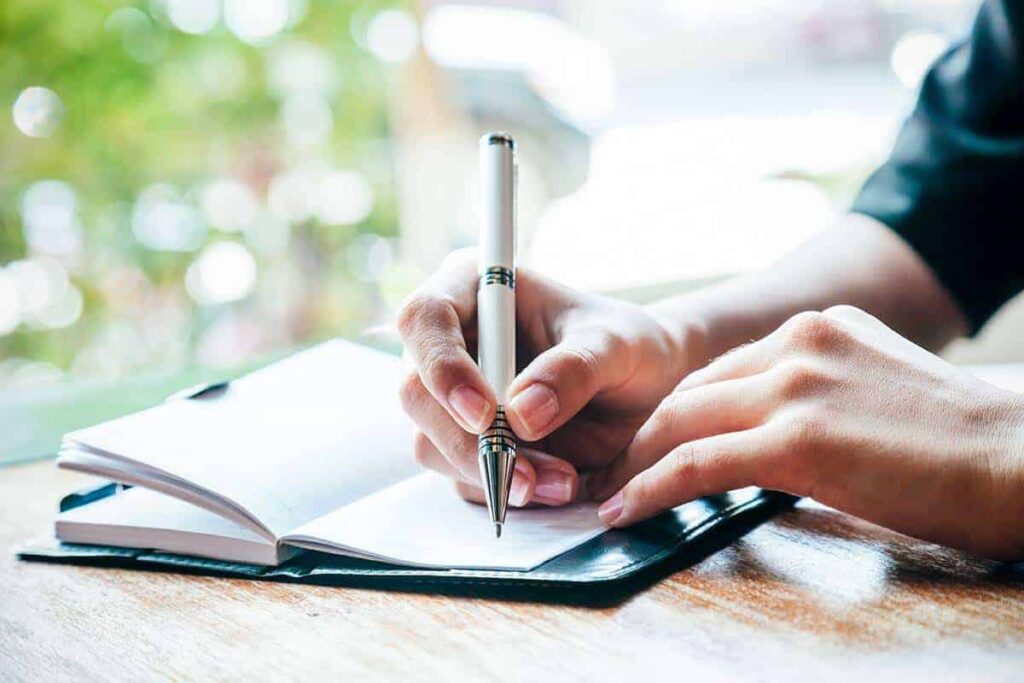Anxiety can be crippling, and during times of heightened stress, can become harder to control. Everyone feels anxious, but chronic anxiety can have a negative impact on your mental and physical health. Symptoms of anxiety and the severity vary by person. Common symptoms include:
- Panic attacks
- Headaches
- A sense of doom
- A pounding heart rate
- The sensation of difficulty in breathing or rapid breathing
- Irritability
- An upset stomach
- Increased blood pressure
- Fatigue
Ways to manage anxiety
If anxiety is impacting your quality of life, there are steps you can take to mitigate the effects and reduce the frequency of anxiety.
Deep breathing exercises
Focused deep breathing can slow your heart rate and calm your anxiety. Deliberately slow your breathing by taking a deep breath in and holding it for a count of four, then exhale for the same count of four. Repeat this breathing pattern for five minutes. Deep breathing exercises, with practice, can ward off an impending panic attack, slow your breathing and heart rate, and lower blood pressure.
Meditation
Meditation can be combined with deep breathing exercises to calm anxiety. There are numerous ways to meditate, and you need to find the one that works best for you. When battling anxiety, it is hard to feel in control of your thought process. Meditation plays a significant role in helping you control racing thoughts and helps to calm your emotions. There are mediation apps to help guide you through learning to meditate, or your therapist or psychiatrist may be able to give you tips on how to get started.
Journaling
Writing down your thoughts can help you learn to recognize patterns of negative thinking that feed anxiety. Keeping a journal can play an influential role in overall mental health, and a journal can also serve as a powerful reminder of how far you have come in learning to care for yourself in mind, body, and spirit. The key to successful journaling is understanding it is something you are doing only for yourself. You can write down any thought or feeling, without fear of being judged. Do not save journaling only for times when you feel stressed or anxious. Instead, carve out a small amount of time each day to write in your journal. In doing so, you can start to understand the patterns that lead to anxiety.
Get plenty of exercise
Studies have shown that there is a definitive link between exercise and reducing anxiety. Anxiety releases a stress hormone called cortisol. Cortisol and adrenaline play a significant role in the “fight or flight” response we have to fearful situations. Exercise can help deplete cortisol levels, bringing them back to normal levels. Exercise also releases endorphins, which create a feeling of well-being. Physical activity is vital to maintaining physical health and increasing self-confidence. Find the exercise routine that works best for you, and make sure you exercise regularly. When you feel anxiety creeping in, take a brisk walk or a run. Research has shown that exercise is one of the most critical factors in treating mild to moderate anxiety.
Change your diet
Stress can have a negative impact on your eating habits. Eating well is essential for overall health, but it can also help reduce anxiety. Complex carbohydrates increase the levels of serotonin in the body, which can have a calming effect. Drink plenty of water, as even mild dehydration can significantly impact your mood. Limit or avoid caffeine as caffeine is a stimulant that can increase jitteriness and make you feel anxious.
Cognitive Behavior Therapy (CBT)
CBT addresses the way you look at the world and yourself. CBT addresses cognitive processes and behavior, as the name implies. Cognitive behavior therapy can help you learn to challenge negative thinking patterns and replace them with positive and realistic thoughts. CBT has shown to be effective in assisting patients to gain the skills they need to reduce anxiety.
The above tools can help you reclaim your life from the grip of anxiety, while also establishing healthy habits for both your body and your mind. There is no one-size-fits-all treatment. Instead, finding the best way to manage anxiety is an individual process for each person. If you have used the tools above, but still find that anxiety is impacting your quality of life, talk to your doctor or mental health professional.



